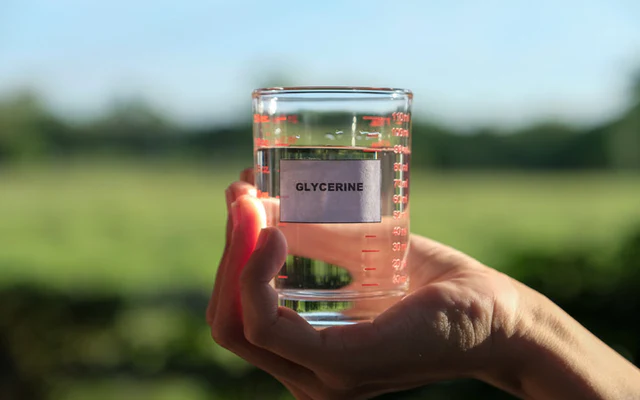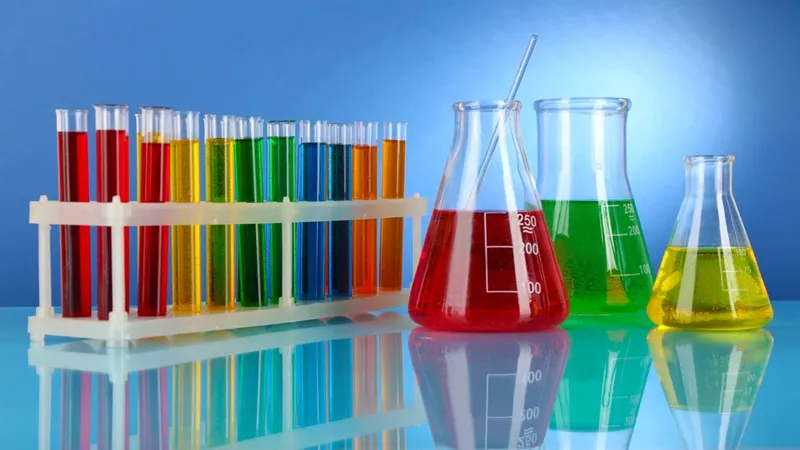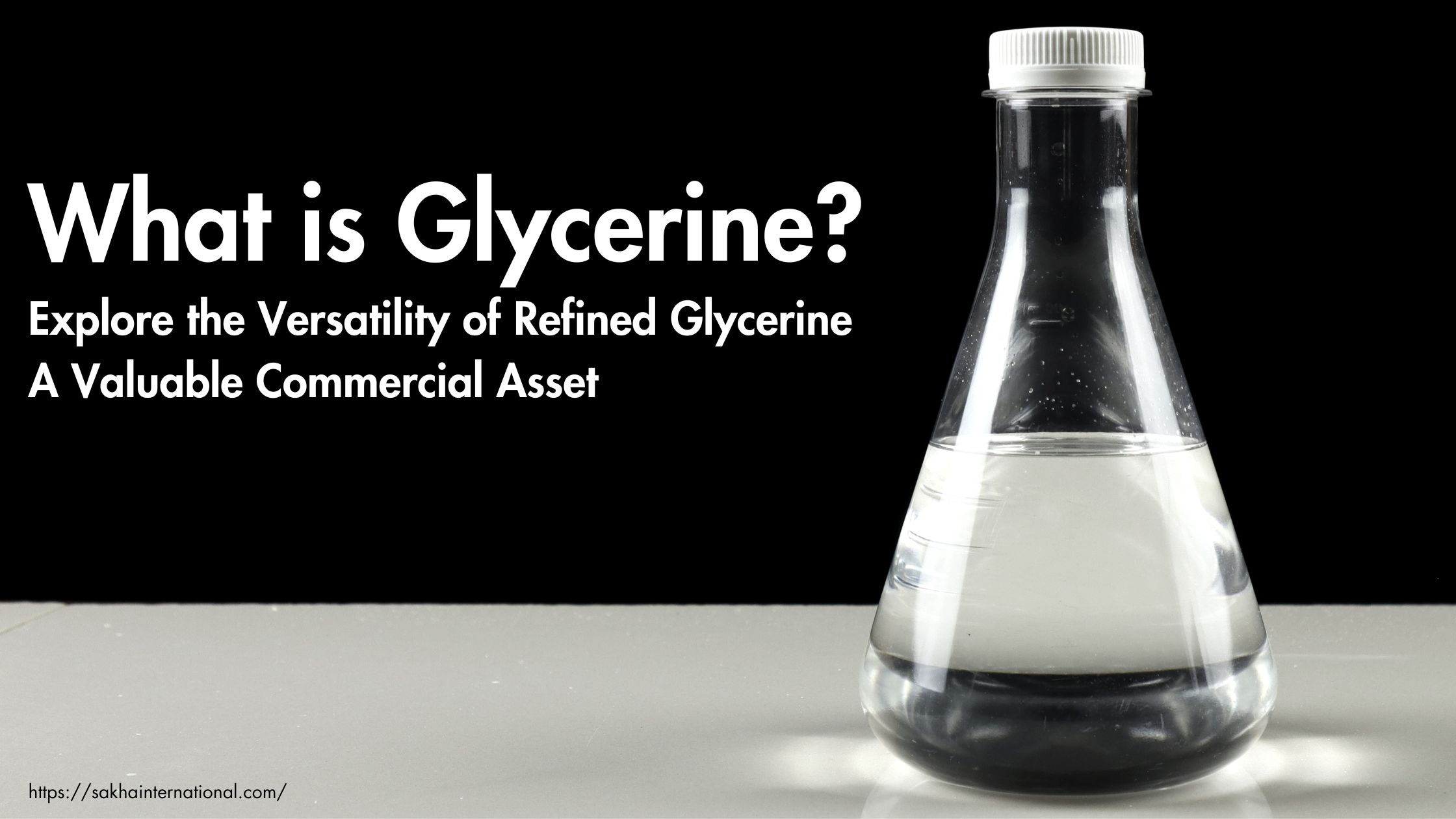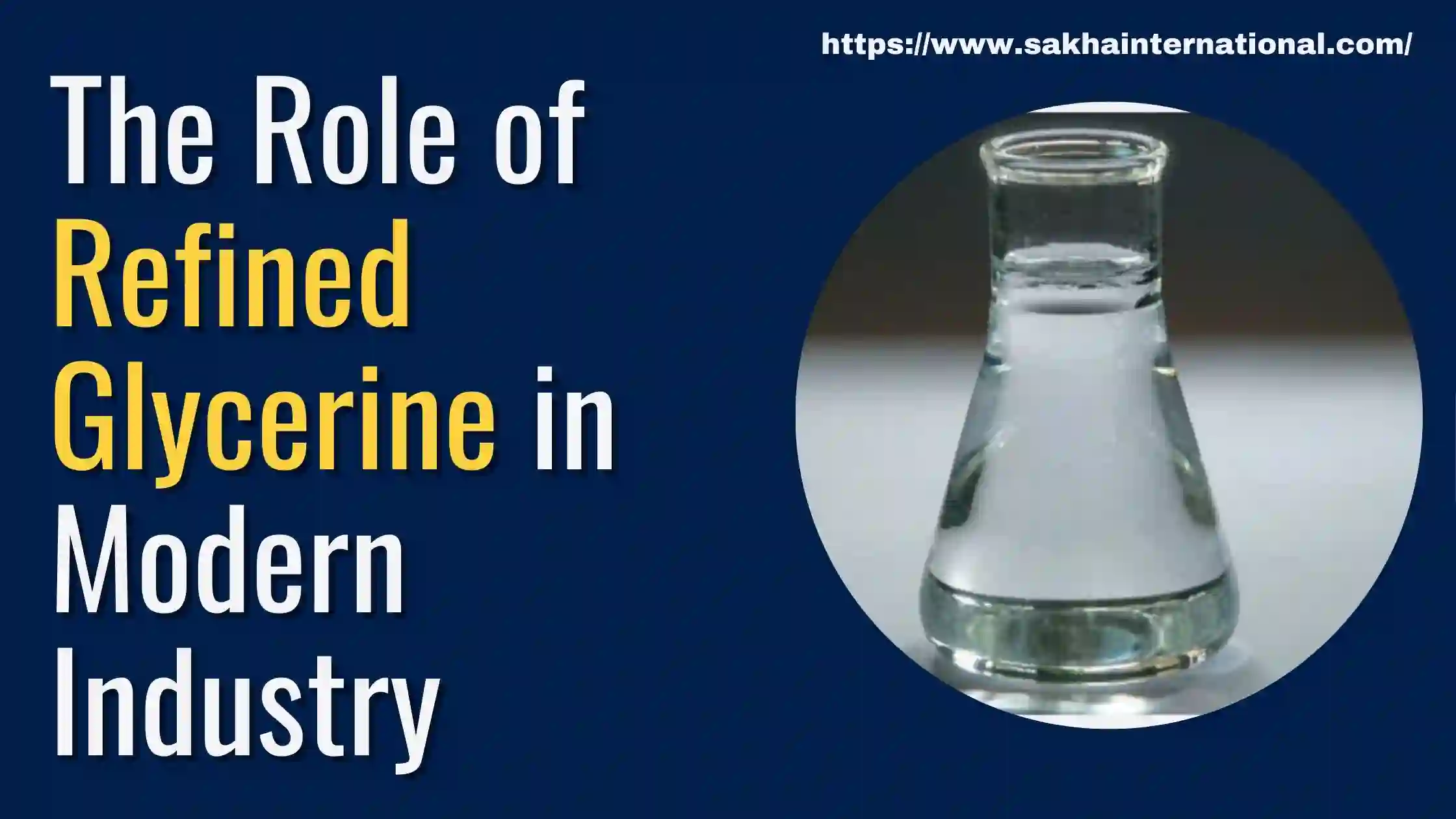Refined Glycerine in Modern Industry
Refined glycerine, also known as glycerol, is a versatile and valuable substance with a wide range of applications across various industries. Its unique properties, including its solubility in water, hygroscopic nature, and non-toxicity, make it an essential ingredient in numerous products and processes.
Refined glycerine, a seemingly simple molecule with a complex history, has become an indispensable ingredient across a vast array of modern industries. This colorless, odorless liquid, also known as glycerol, boasts a unique set of properties that lend themselves to a multitude of applications. From the familiar world of cosmetics to the cutting edge of biofuel production, refined glycerine plays a vital role in shaping our daily lives.
At Sakha International, a leading supplier of refined glycerine in India, we understand the profound impact this versatile product has on various sectors. We will unveil case studies that showcase the effectiveness of refined glycerine and discuss the latest information on its ever-expanding role.
Historical Context
Glycerine’s journey from a by-product of soap making to a critical industrial chemical is a testament to human ingenuity and scientific advancement. Historically, glycerine was first discovered in the late 18th century during the saponification process of fats and oils. Over the centuries, refinement techniques have evolved, transforming crude glycerine into the high-purity product we use today. Key milestones include the development of catalytic hydrogenation in the mid-20th century, which significantly improved the efficiency and yield of glycerine production.
Production and Refinement Process

The production of refined glycerine begins with the extraction of crude glycerine from natural sources such as vegetable oils and animal fats. This crude glycerine undergoes a series of purification steps, including distillation and ion exchange, to remove impurities and achieve high purity levels. Recent technological advancements have introduced membrane separation techniques, which enhance the efficiency and environmental sustainability of the refinement process. Additionally, the industry has made strides in reducing the carbon footprint of glycerine production through the adoption of renewable energy sources and waste minimization practices.
Case Studies and Industry Applications
Pharmaceuticals:

In the pharmaceutical industry, glycerine serves as an essential component in various formulations. Its role as a humectant, solvent, and preservative enhances the stability and efficacy of medications. A notable case study involves the use of glycerine in antiseptic solutions, where its moisturizing properties prevent skin dryness and irritation, making these products more comfortable for patients.
Regulatory standards ensure that pharmaceutical-grade glycerine meets stringent purity and safety criteria, underscoring its critical role in healthcare.
Cosmetics and Personal Care

Glycerine’s moisturizing and emollient properties make it a staple in cosmetics and personal care products. From lotions to toothpaste, glycerine enhances the texture, hydration, and overall effectiveness of these products. For instance, a case study on a leading skincare brand revealed that the inclusion of glycerine in their formulations significantly improved skin hydration and customer satisfaction. Market trends indicate a growing consumer preference for natural and sustainable ingredients, positioning glycerine as a key component in eco-friendly beauty products.
Food and Beverage Industry

In the food and beverage sector, glycerine acts as a sweetener, humectant, and preservative. Its use in low-calorie foods and beverages helps meet the demand for healthier alternatives without compromising taste and texture. A case study on glycerine’s application in sugar-free confectioneries highlighted its ability to maintain moisture and extend shelf life, contributing to product quality and consumer appeal. Safety and regulatory compliance are paramount, ensuring that glycerine used in food products meets health standards and regulations.
Chemical Industry

Glycerine serves as an important intermediate in chemical syntheses, contributing to the production of a wide range of compounds, including propylene glycol and epichlorohydrin. A case study on the chemical industry demonstrated how glycerine-derived products are integral to manufacturing plastics, resins, and other industrial materials. Innovations in green chemistry are driving the development of sustainable glycerine-based processes, reducing reliance on petrochemicals and minimizing environmental impact.
Automotive and Mechanical
In the automotive industry, glycerine’s antifreeze properties make it an effective coolant in engine systems. Additionally, glycerine is gaining traction as a component in biofuels, offering a renewable alternative to traditional fossil fuels. A case study on glycerine-based biodiesel showcased its potential to reduce greenhouse gas emissions and enhance energy security. As automotive manufacturers seek to improve performance and sustainability, glycerine’s role in innovative solutions continues to expand.
Health and Environmental Impact

Refined glycerine is renowned for its safety profile and biodegradability. Extensive toxicological studies affirm its non-toxic nature, making it suitable for use in food, pharmaceuticals, and personal care products. Moreover, glycerine’s biodegradability ensures that it poses minimal risk to the environment. A lifecycle analysis of glycerine-based products underscores their environmental benefits, highlighting the industry’s commitment to sustainability and responsible production practices.
Unveiling the Marvel: Properties of Refined Glycerine

What is Glycerine Know everything about this Chemical
Refined glycerine’s industrial significance stems from its remarkable properties. Here’s a glimpse into what makes it so valuable:
- Hydroscopic: Refined glycerine has a strong affinity for water. This hygroscopic nature allows it to attract and retain moisture, making it a valuable humectant in various applications.
- Lubricating and Emollient: Refined glycerine possesses lubricating and emollient properties. It reduces friction and imparts a smooth, softening effect, making it ideal for personal care products and industrial lubricants.
- Solvent: Refined glycerine acts as a versatile solvent, dissolving a wide range of polar substances. This property finds application in pharmaceuticals, food additives, and various industrial processes.
- Anti-freezing: Refined glycerine has a low freezing point, making it a key component in antifreeze formulations for the automotive industry.
- Biodegradable: Refined glycerine is readily biodegradable, contributing to its eco-friendly nature.
These properties, combined with its non-toxic and safe profile, make refined glycerine a highly sought-after ingredient across numerous industries.
From Fat to Finesse: The Production Process of Refined Glycerine

Refined glycerine is primarily a byproduct of the natural fat and oil processing industry. Here’s a simplified breakdown of its production journey:
- Feedstock Acquisition: The primary sources of refined glycerine include vegetable oils (soybean, palm, etc.) and animal fats (tallow).
- Triglyceride Processing: The chosen fats and oils undergo a conversion process, typically hydrolysis or transesterification. This process breaks down the triglycerides (fats) into their constituent fatty acids and glycerol.
- Crude Glycerine Separation: The resulting mixture contains crude glycerine along with impurities like salts and soaps. Separation techniques like centrifugation or distillation remove these impurities.
- Refining Stages: Depending on the desired purity level, crude glycerine undergoes further refining steps like distillation, decolorization, and filtration. This yields various grades of refined glycerine, each suited for specific applications.
Sakha International prioritizes sustainable sourcing practices and utilizes state-of-the-art refining techniques to ensure the highest quality and purity of our refined glycerine products.
Market Trends and Economic Impact

The global refined glycerine market is experiencing robust growth, driven by increasing demand across various industries. Key players in the market are investing in research and development to enhance glycerine’s applications and efficiency. The economic benefits of glycerine production extend to job creation, technological advancements, and industrial growth. Market projections indicate sustained growth, with emerging markets playing a significant role in the expansion of glycerine applications.
Technological Innovations
Technological advancements are revolutionizing glycerine production and applications. Innovations such as nanotechnology are unlocking new potentials for glycerine in fields like medicine and electronics. A case study on nanotechnology applications revealed how glycerine-based nanomaterials are being developed for targeted drug delivery and advanced electronic devices. Continued research and development promise to unveil further breakthroughs, cementing glycerine’s role in cutting-edge technologies.
Challenges and Opportunities
Despite its numerous advantages, the glycerine industry faces challenges such as supply chain disruptions and regulatory complexities. Addressing these challenges requires collaborative efforts and strategic investments. Opportunities for innovation and market expansion abound, particularly in the development of bio-based and sustainable products. By embracing these opportunities, the glycerine industry can continue to thrive and contribute to global sustainability goals.
Case Study: Preserving the Perfect Pastry
A leading bakery chain faced challenges with their croissants drying out prematurely, impacting their quality and customer satisfaction. By incorporating a specific grade of refined glycerine from Sakha International into their croissant dough recipe, they achieved significant improvement in moisture retention. The croissants remained fresh and flaky for longer, enhancing customer experience and reducing product waste.
Conclusion
In conclusion, refined glycerine is a cornerstone of modern industry, offering versatility, safety, and sustainability. Its applications span a wide range of sectors, from pharmaceuticals to automotive, each benefiting from glycerine’s unique properties. As technological advancements continue to enhance glycerine production and applications, its role in driving industrial growth and innovation becomes increasingly significant. By understanding the multifaceted nature of glycerine and leveraging its potential, industries can achieve greater efficiency, sustainability, and success.
Ready to Source High-Grade Refined Glycerine?
Let’s ensure your manufacturing unit never runs out of high-purity glycerine. Partner with Sakha International today and take your products to the next level.
Call/WhatsApp: 9810055405 / 9312455405
Sakha International — Where Quality Meets Reliability.






Leave A Comment